Tech Execs Admit AI Bubble, Reveal Underlying Investment Trends
At the recent Web Summit in Lisbon, Portugal, a surprising sentiment emerged among tech executives: the AI boom is a bubble, and they're not entirely unhappy about it. This admission comes as venture capital investment in AI startups continues to soar, with a staggering $93 billion poured into the sector in 2022 alone.
According to industry reports, the AI market is expected to reach $190 billion by 2025, with a growth rate of 33% year-over-year. This explosive growth has led to a surge in investment, with many startups and established companies alike racing to capitalize on the trend. However, some tech executives are now acknowledging that the investment frenzy may be unsustainable.
"We can't deny there's a ridiculous amount of investment going on," said a prominent tech executive, who wished to remain anonymous. "While it's great to see so much enthusiasm for AI, we need to be realistic about the market's potential."
The AI bubble, as it's being called, is characterized by excessive investment and speculation, often driven by hype and short-term gains. This can lead to a market correction, where investors and companies are left reeling from the consequences of over-investment.
Mozilla CEO Laura Chambers, who spoke at the Web Summit, highlighted the need for a more nuanced approach to AI investment. "We need to focus on building sustainable businesses that create value for customers, not just chasing after short-term gains," she said.
The AI market is dominated by a few large players, including Google, Microsoft, and Amazon, which have invested heavily in AI research and development. However, the sector is also home to many smaller startups, which are often the driving force behind innovation.
One such startup, AI-powered chatbot developer, ManyChat, has raised over $100 million in funding to date. The company's CEO, Igor Padva, attributes the success of his startup to the growing demand for AI-powered solutions. "We're seeing a huge increase in demand for AI-powered chatbots, and we're committed to delivering innovative solutions that meet this demand," he said.
As the AI market continues to grow, it's clear that the bubble will eventually burst. However, the underlying trends and investment patterns suggest that AI will remain a significant player in the tech industry for years to come.
In the short term, investors and companies will need to be cautious and focus on building sustainable businesses that create value for customers. In the long term, AI is likely to continue to transform industries and create new opportunities for innovation and growth.
As the tech industry navigates the AI bubble, one thing is clear: the future of AI will be shaped by the companies and investors that take a nuanced and sustainable approach to this rapidly evolving market.









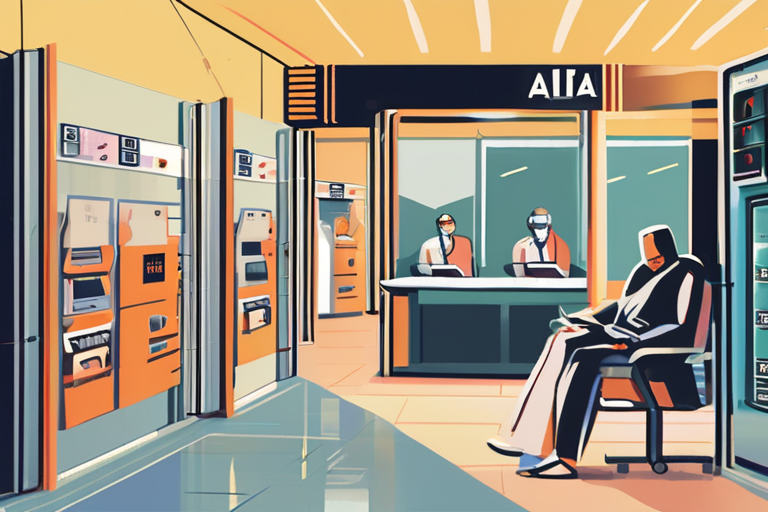




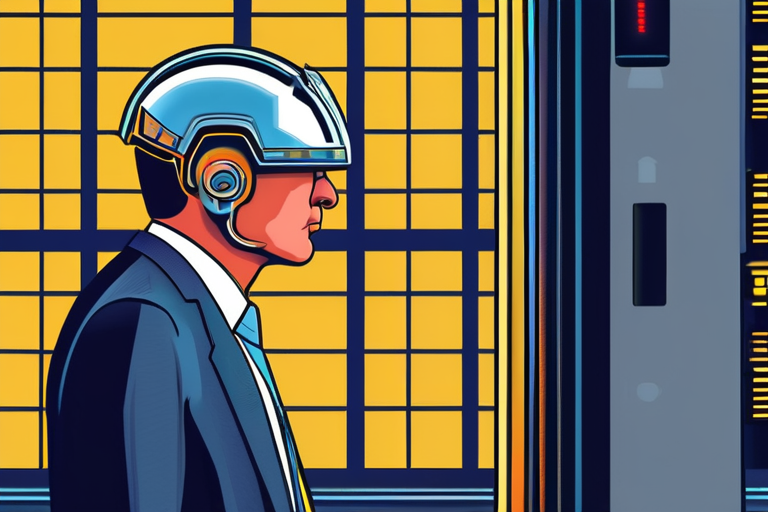
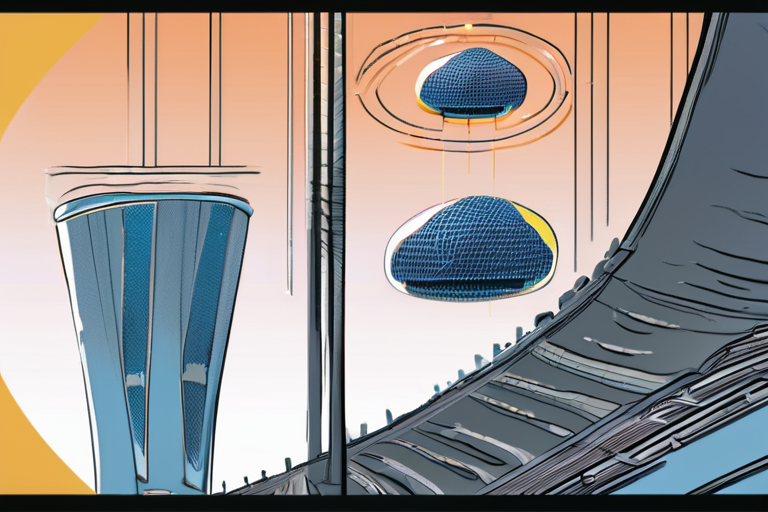


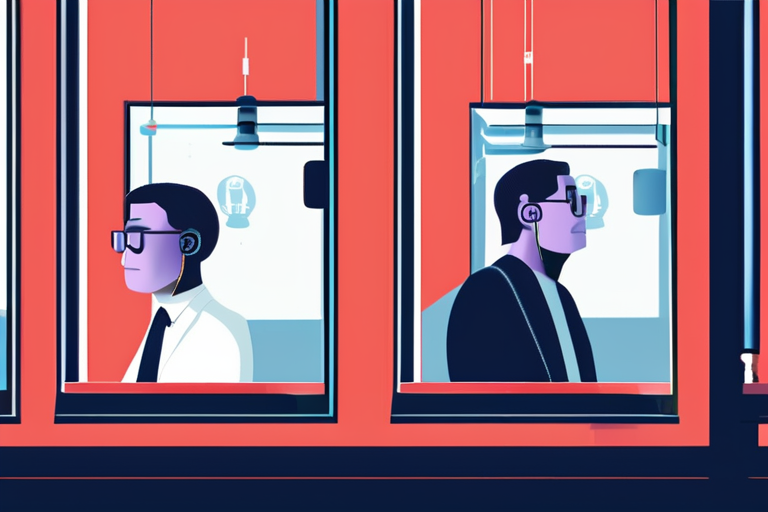
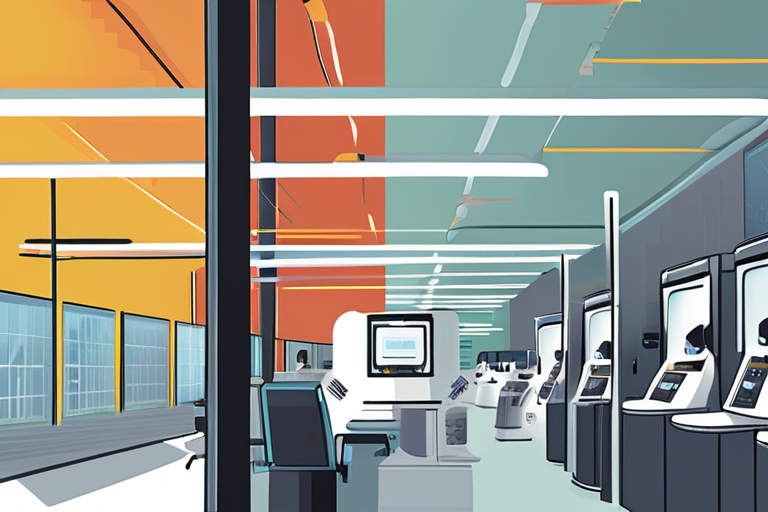
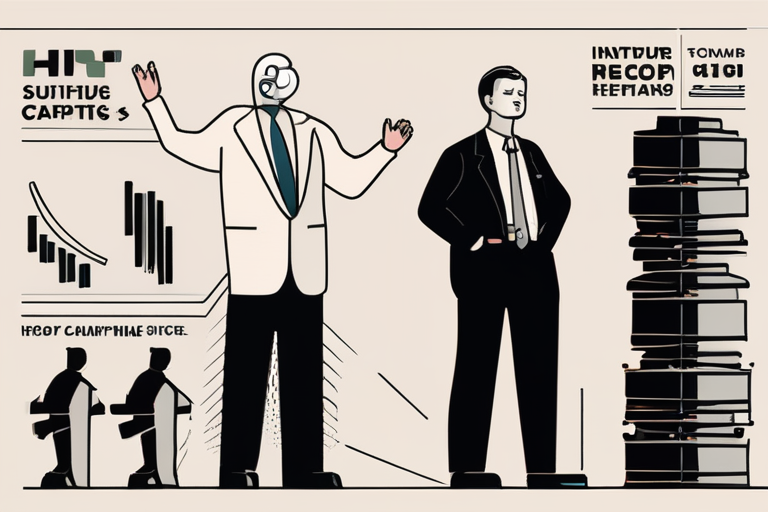

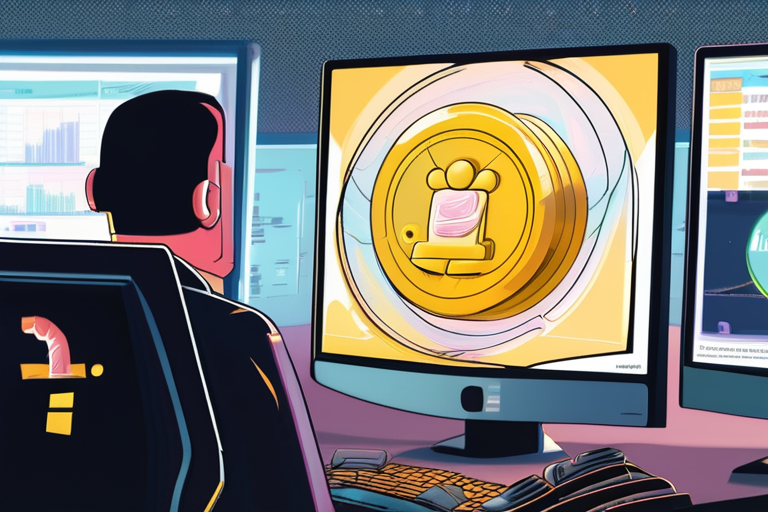



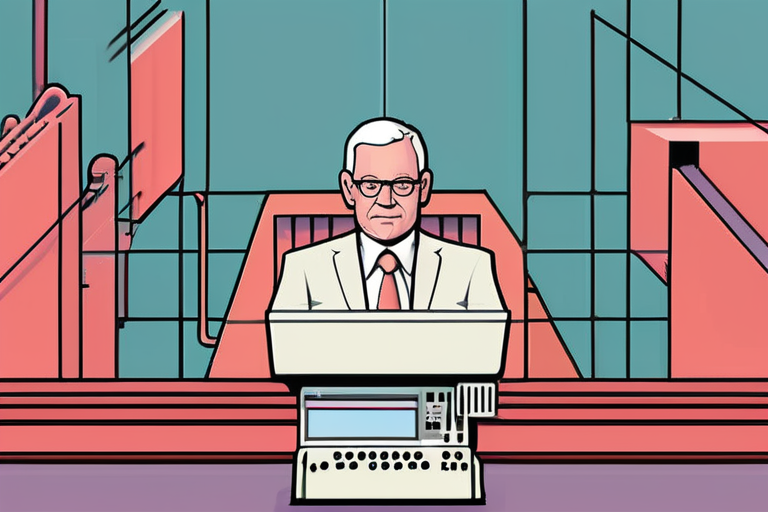
Share & Engage Share
Share this article